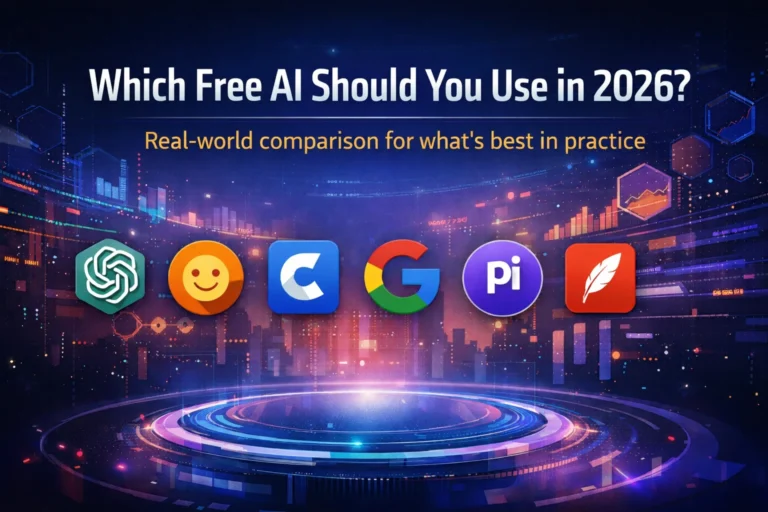A recent privacy oversight at OpenAI has stirred concern in the tech world. For a brief period, ChatGPT users who shared their conversations publicly via the platform’s “share” feature found those links indexed by major search engines like Google and Bing — sometimes with unintended consequences.
OpenAI confirmed the experiment has now been terminated, citing that it “introduced too many opportunities for folks to accidentally share things they didn’t intend to.”
📎 What Actually Happened
ChatGPT allows users to share conversations by generating a public link (https://chatgpt.com/share/...). To do this, users must deliberately click “Share” and then “Create Link.” Even then, OpenAI adds a disclaimer stating that your name, custom instructions, and any messages after the share will remain private.
However, some of these links were set to be discoverable by search engines, unless users toggled off the option. This meant that anyone running a simple Google search like site:chatgpt.com/share could stumble upon thousands of publicly shared chats — from harmless cooking advice to deeply personal job applications, mental health queries, and even politically charged rants.
🤖 What’s Inside These Public Chats?
Browsing these shared links paints a strange, often intimate portrait of humanity’s curiosities. Among them:
A user asking ChatGPT to rewrite their résumé for a specific job (which was easy to trace back to their real LinkedIn profile).
Another user engaging in absurdist trolling, leading the chatbot to generate a fictional guide titled “How to Use a Microwave Without Summoning Satan.”
Conversations discussing relationships, health, finance, and sometimes fringe ideologies.
While none of these conversations were made public without user action, many users likely underestimated the visibility of the shared links — especially once search engines got involved.
⚠️ The Larger Privacy Lesson
This episode highlights a recurring issue in tech: just because something is opt-in doesn’t mean it’s well understood.
OpenAI did include visibility settings and a disclaimer. Still, many users likely assumed their shared links were private unless actively passed around — not something that would show up on page one of Google.
Even when technically compliant with privacy rules, design decisions can mislead users about what’s really public.
✅ What OpenAI Did Next
In response to the discovery, OpenAI pulled the plug on the feature’s search engine discoverability. A spokesperson noted that the experiment had ended and that OpenAI is reviewing how it handles public sharing going forward.
While shared conversations still exist and users can generate shareable links, those links will no longer be indexed by search engines.
🛡️ Takeaways for Users
Think before you share. Even seemingly harmless content might reveal more about you than intended.
If you’ve used ChatGPT’s share feature in the past, you might want to review what’s out there. Use
site:chatgpt.com/shareplus keywords to check.Developers: always design sharing features with the assumption that users will misunderstand privacy settings — and plan accordingly.
🔚 Final Thoughts
This isn’t the first time a tech feature has exposed private data — and it won’t be the last. But as AI becomes a more integrated part of our lives, the stakes for data privacy are growing. What seems like a helpful AI chat can quickly become a permanent and public part of your digital footprint.


